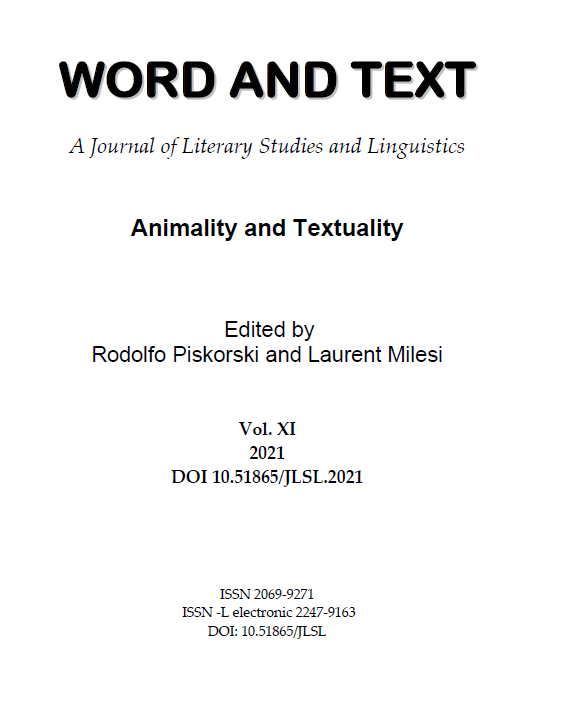The Vulnerability of Animal Life in Derrida’s Philosophy
The Vulnerability of Animal Life in Derrida’s Philosophy
Author(s): Patrick LloredSubject(s): Ethics / Practical Philosophy, Aesthetics, Political Philosophy, Contemporary Philosophy, Structuralism and Post-Structuralism, Cultural Anthropology / Ethnology, Psychoanalysis, Phenomenology, Hermeneutics, Ontology
Published by: Universitatea Petrol-Gaze din Ploieşti
Keywords: vulnerability; (sense of) touch; haptocentrism; life-death; inability/unpower [impouvoir], animal suffering; Aristotle; Jeremy Bentham;
Summary/Abstract: Derrida has been preoccupied by the animal from the beginning to the end of his life. It can be found from the first to the last texts, but its presence is always subjected to new formulations and explications, as if the question of the animal in Derrida’s thinking could never be exhausted: indeed, nothing and nobody can seemingly exhaust it… Our reading takes this inexhaustibility as its starting point in order to examine one of the last concepts reworked by Derrida towards the end of his life, to which his readers have hitherto paid scant attention: the concept of vulnerability. This article probes into the possibility for this concept to allow us to reread in depth Derrida’s relevant texts as a unified body of works, albeit without claiming to exhaust their meaning(s).
Journal: Word and Text, A Journal of Literary Studies and Linguistics
- Issue Year: XI/2021
- Issue No: 1
- Page Range: 42-54
- Page Count: 13
- Language: English

